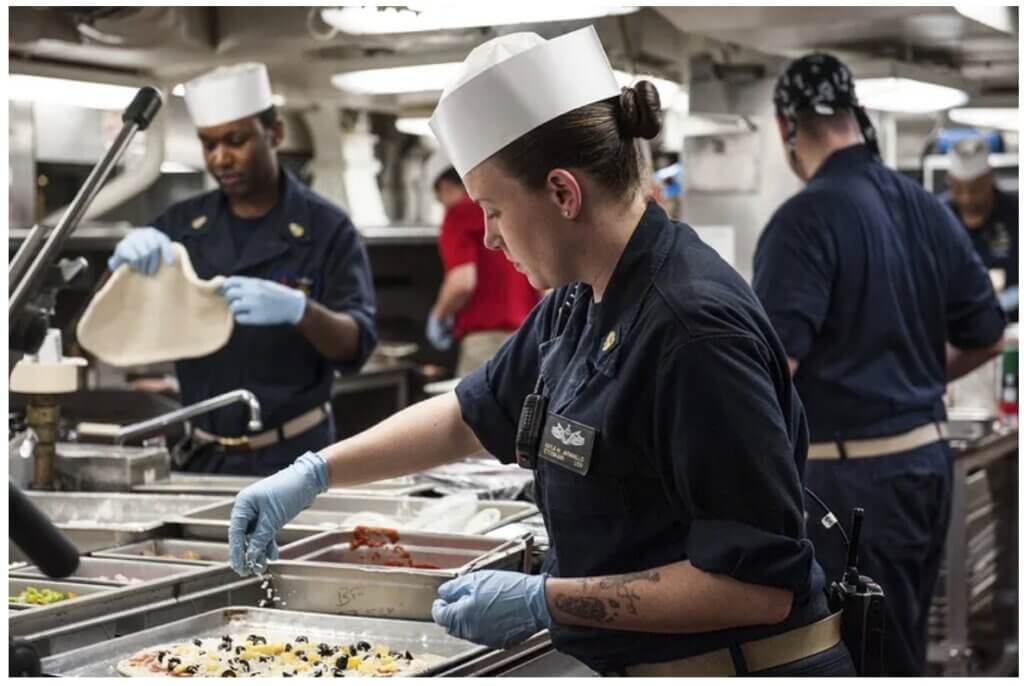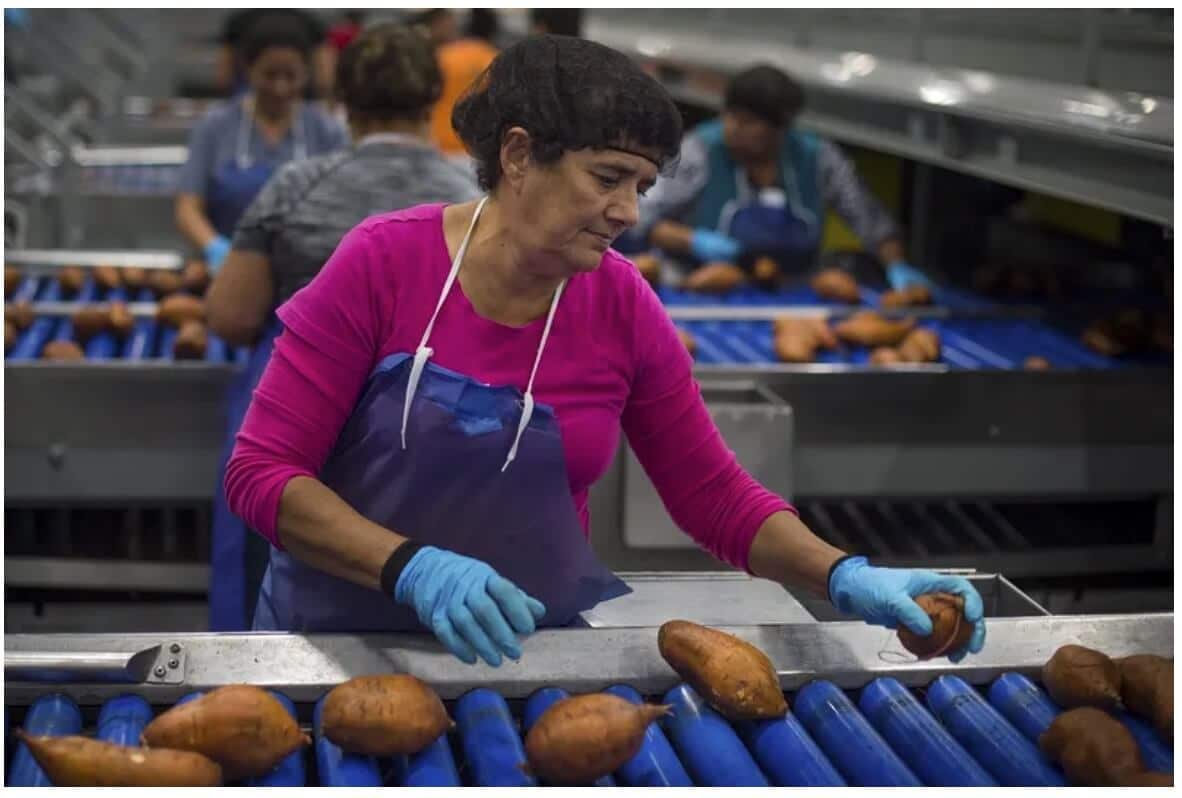
Food safety plays a vital role in protecting consumers against foodborne illnesses.”Avoid that food joint; I had terrible diarrhea,” is maybe something you’ve heard before.
When proper food safety measures are not taken by employees of a food establishment , people who consume that food must face the consequences of food-borne illnesses. The United States Government Disease Control and Prevention report indicatesabout 2 out of 10 people consume unsafe food daily.
According to the World Health Organization (WHO), we can avoid foodborne illness if food safety is practiced at every stage: food processing, harvesting, storage, circulation, cooking, and consumption.
Food safety ensures consumers stay healthy and keeps the community protected from foodborne illness. . In this blog, we will be discussing the importance of food safety, especially in restaurants. .
Food safety refers to the way you handle, prepare, process, and store your food to decrease and prevent contamination that can lead to foodborne illness.
Food safety is a worldwide concern; and it’s recommended every food handler should receive food safety training. Food employees can practice good food safety by:
It is vital for food establishments and vendors to follow the FDA Foodcode to ensure food safety is being done in the establishment.
Some of the safety practices include:
The use of disposable gloves is critical in enhancing food safety. Wearing gloves will create a barrier between the germs on your hands and the food you are preparing. Wearing gloves will reduce cross-contamination and may prevent foodborne illness. .
Single-use gloves should be used only once and disposed of immediately after completing a task.
Furthermore, while using gloves, you should avoid touching your face or hair because you might transfer disease-causing pathogens that may cause contamination.

Proper handwashing will help reduce pathogens that cause foodborne illness. A handwashing sink must be conveniently located and accessible at all times. A handwashing sink must not be used for purposes other than handwashing. Food employees should properly wash their hands using soap and hot water and dry hands with a single use paper towel. Hands should only be washed in a handwashing sink and never washed in a sink used for food preparation or dishwashing.

Food establishments should always have a daily routine practice of cleaning and sanitizing food preparation surfaces and equipment.
Utensils should be washed using clean water and sanitized using bleach or quats to eliminate harmful bacteria that can cause foodborne illnesses.
Food equipment must be cleaned and sanitized before and after use.

All food should come from an approved source. For instance, always purchase pasteurized milk instead of raw milk.
Food establishments should always ensure foods are thoroughly cooked. Raw foods, including eggs, meat, and unpasteurized milk, can have microorganisms that can cause diseases.
Leftover food:, leftover food must be kept cold at 41 F or below.If the food will be held for longer than 24-hours the food must be date-marked. Date-marked ready-to-eat food may be held for 7 days at 41 F or lower.
In the refrigerator food must be stored according to cooking temperature. Ready-to- eat food on the top, on the next shelf fish, steak, and pork, then hamburger, and on the bottom shelf chicken. If a food leaks drips or spills it will go onto a food that requires a higher cooking temperature.
Food safety is vital and has the following beneficial value to you, these include:
When individuals and food establishments practice food safety, foodborne illness risk decreases.
When foodborne illness incidents are low it’s because food employees are practicing food safety, and public health improves.
Foodborne illnesses outbreaks can be costly. It’s estimated each foodborne illness outbreak can cost $77,000 per incident and that can be devastating for a small business.
Furthermore, when your business maintains food safety, you will be able to avoid lawsuits that arise from foodborne illness incidents.
Your food standards will improve, and the number of customers will increase.

Food safety is vital in guarding customers against health-related issues related to common infections and foodborne diseases.
Food establishments must practice food safety procedures by educating their workers on ways to handle food to maintain its safety. The best way to provide education is by talking a food handlers class.
Easy Food Handlers are the best providers of food handlers’ permits in Utah. We are a state-approved company, and our instructor has years of experience and extensive knowledge in food handling. The easy and fun way to get your official food handlers permit. Just think…. In less than 90 minutes, you will have your Utah Food Handlers Permit and will be able to start working in the food industry.
In addition, we pride ourselves on having provided thousands of food handlers permits in UT. Go to easyfoodhandlers.com to get started today!